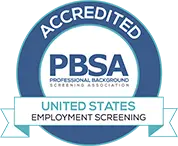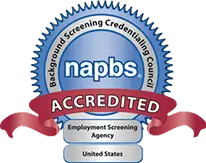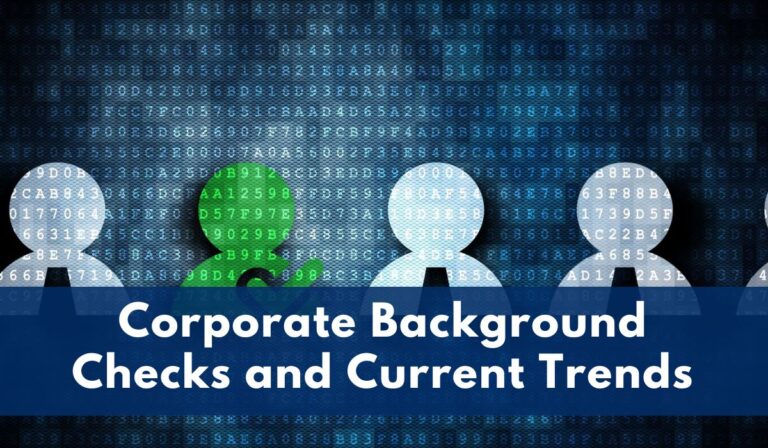Consumer reporting agencies constantly face having to accurately reporting information to employers while keeping pace with the demand for quick results. Too often, the answer is the use of repositories that are searched for public records pertaining to these applicants. Repositories are not direct source data and therefore are not constantly maintained by the public entity responsible for the records. This means that if an expungement takes place after the original record is sold to the repository, the record will exist within the repository until the next batch of records is purchased or updated whereas the direct source (state, local or federal entity) will (should) update those records immediately upon receipt of an expungement request. Repositories may also have less detailed personal information available to the investigator that can be used to verify that records exists uniquely for the applicant in question. This is frequent for those applicants with common names who may be linked to records for others with the same name.
Although each state has its own requirements for consumer reports, we have found that going above and beyond the requirements is the best policy. Consumer reports are always available to any applicant from any state who wishes to see what we as an agency have reported to their potential employer. In the rare case of a dispute, the applicant can either be directed to the direct source of the information – usually a public entity – for correction of the data. One such instance recently took place in which an applicant was very displeased that records were located within the State of Michigan’s criminal conviction database. ASG worked with this applicant after being provided a copy of his consumer report. As it turned out, the applicant was the victim of identity theft; the perpetrator being his younger brother who provided false information to police when arrested. The applicant was very thankful for the information we provided and less than pleased with his brother.









